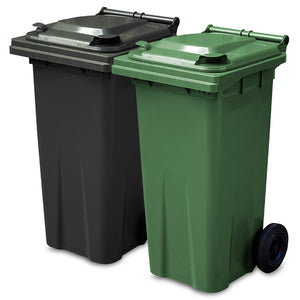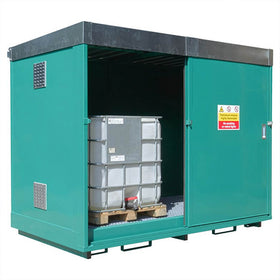Arctic Council Signs Legally Binding Spill Response Accord
On 15th May, the eight members of the Arctic Council, Canada, Denmark, Finland, Iceland, Norway, Russia, Sweden and the US, signed a new legally binding oil spill response accord, Marine Oil Pollution Preparedness and Response agreement, that will attempt to codify spill response between the 8 circumpolar countries.
The Council released a statement proposing that the accord will “substantially improve procedures for combating oil spills in the Arctic.” The agreement will provide the framework for a more integrated approach to dealing with the prevention and containment of oil spills and will “encourage future national, bi-national and multinational contingency plans, training and exercises, to develop effective response measures.” The Council also announced the establishment of a task force that will develop an action plan on pollution prevention in the Arctic to be presented at the next ministerial meeting in 2015.
Vague on the detail
So far there has been little detail about how countries will cooperate in the event of a spill, a point that was made back in February when Greenpeace obtained a draft copy of the agreement which they described as “vague at best.” Further exploratory drilling in the Arctic also faces opposition from indigenous groups who have signed a joint statement rejecting such drilling for fear of the effect that industrialisation will have on their territories, and joining Greenpeace in calling for a moratorium on Arctic drilling.
The Arctic Council has also announced that 6 new countries, including China and India, have been granted observer status on the council. It is believed that with the Arctic rapidly thawing new seaways will open up and provide much quicker trade links between the West and Asia for oil and liquefied natural gas. In addition, with the chairmanship of the council passing to Canada for the next two years, their focus on “creating economic development” will see oil extraction move apace in the Arctic.
It seems apparent now that with the legally binding agreement in place and a drive towards greater spill prevention and spill containment, that a new era of oil extraction has been ushered in. Swedish minister Carl Bildt made it clear that this agreement “sends an important message to the world” and more tellingly, to the major oil conglomerates who will now begin to make greater headway into the estimated 90 million barrels of oil untapped oil that lay beneath the Arctic Ocean.
www.yellowshield.co.uk



